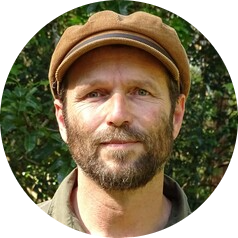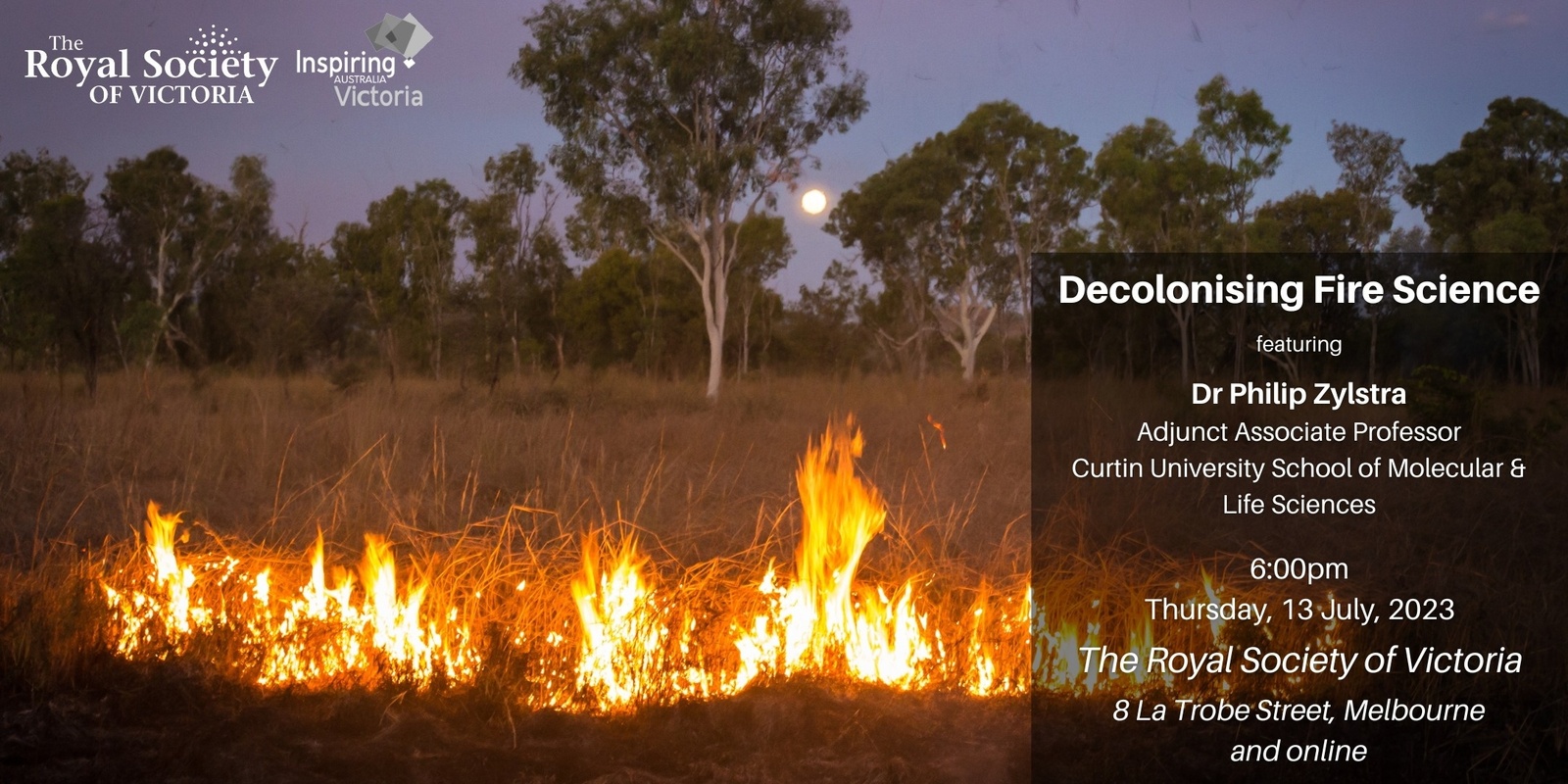Decolonising Fire Science
Event description
We can expect that the science of fire should intersect with fire use by First Peoples, because an understanding of fire that enabled cultures to coexist with it for at least 65,000 years must have its roots in scientific reality. Our understanding of that relationship is, however, deeply troubled.
The predominant concepts of modern fire science arise from a paradigm that valorises the role of human agency, dismissing and even demonising natural ecological processes. The result is that fire science has become a tool with which Indigenous fire knowledge is reinterpreted to support the colonial narrative and reinforce pseudo-science in a loop of circular reasoning. The implications of this are far-reaching, and poor fire science now drives management that decimates carbon storage, threatens the existence of numerous species, and drives much of the impact of bushfire on human society.
Join ecologist and environmental scientist Dr Philip Zylstra, who will examine the roots of this dilemma and give examples of it in the current context, then demonstrate how the narrative is reversed when we adopt an understanding of fire that is informed by ecological processes, interpreted within a sound mechanistic framework. Using the Fire Research and Modelling Environment (FRaME), Philip will introduce Ecological Control Theory, showing how forests limited the impacts of fire and maintained thriving populations of fire-sensitive species long before the arrival of humans.
Finally, he will demonstrate how a paradigm of cooperation rather than domination allowed for the long-term coexistence with fire demonstrated by First Peoples, and the ways that we can adjust our current approaches to cooperate with Country.
About the Speaker

Dr Philip Zylstra came into bushfire research from a background in fire management and remote area firefighting. Since that time he has developed the first and only peer-reviewed fire behaviour model for most Australian forests, as well as the first model globally to calculate the direct effects of fire on flora, fauna and soils. His work focuses on understanding the ways that our interaction with forests affect fire risk. Using fire history analysis and state-of-the-art modelling, Phil’s work reconciles deep knowledge from First Peoples with forest ecology and a complex understanding of fire behaviour to provide critically-needed guidance in fire management.
Phil is an Adjunct Associate Professor with Curtin University's School of Molecular and Life Sciences (Perth), and a Research Associate of the University of New South Wales (Sydney).
Livestream
Ticketing has now closed for this event, but you can watch along from 6pm on the day via our livestream on our YouTube channel: https://www.youtube.com/@Royal...
Tickets for good, not greed Humanitix dedicates 100% of profits from booking fees to charity


